Health Equity Advocacy: How to Get Involved and Make Impact
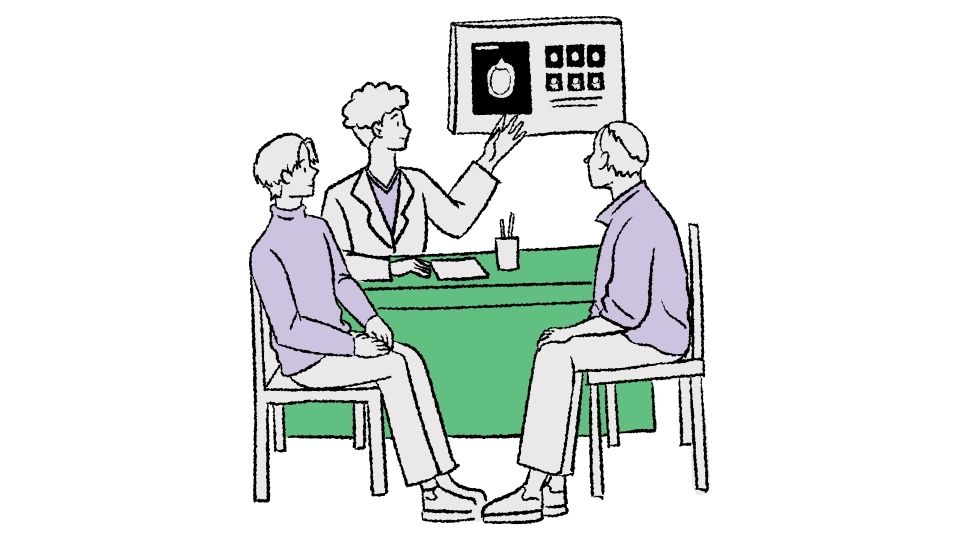
The Unsung Hero of Healthcare: Why Health Equity Advocacy Matters
Health equity advocacy is a game-changer in the fight for fair healthcare. It’s all about making sure everyone has an equal shot at being healthy, regardless of their zip code, income, or skin color.
Think of it like this: Some people start the race to good health at the starting line, while others are forced to start a mile behind. Health equity advocacy tries to level that playing field.
And let’s be honest – in a world where your social circumstances can determine your health outcomes more than your genetics, we need advocates pushing for change at every level.
Let’s dive into what health equity advocacy really means, why it matters, and how it’s making a difference (with some practical examples you can actually use).
What’s Health Equity (and Why Should You Care)?
Health equity isn’t about giving everyone the exact same thing (that’s equality).
It’s about giving people what they specifically need to reach their full health potential.
Picture it like this: If healthcare equality is giving everyone the same size bandage, health equity is giving everyone the right size bandage for their unique wound.
According to the World Health Organization, health equity means no one is disadvantaged from achieving their full health potential because of social position or other socially determined circumstances.
The difference between equality and equity matters because:
- People face different barriers to good health
- Some communities have experienced generations of discrimination
- Resources and opportunities aren’t distributed fairly across society
Health Equity Advocacy: Fighting for Fairness
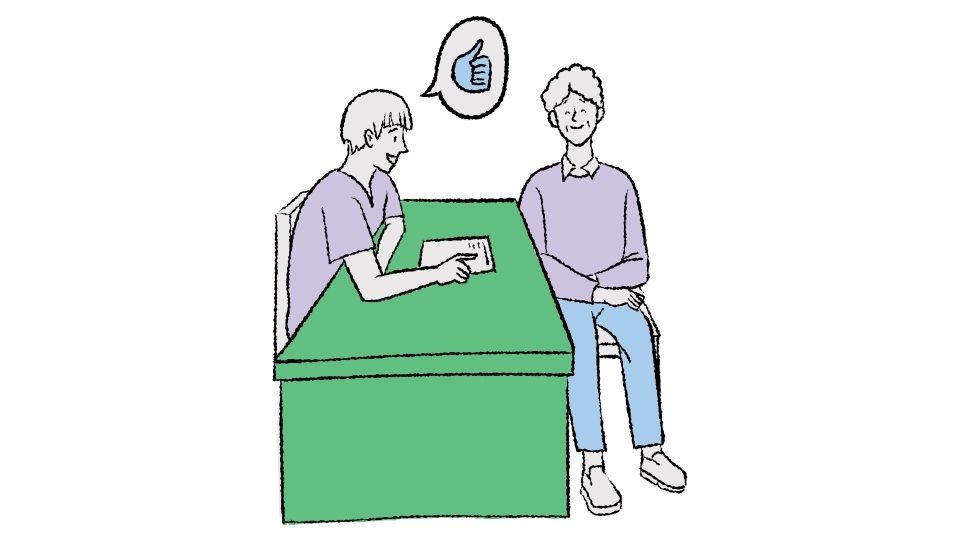
Health equity advocacy combines individual and collective action to gain political commitment, policy support, and system changes for better health outcomes.
What does that actually mean?
It means advocates work on behalf of people who can’t speak up for themselves while also empowering communities to participate in decision-making that affects their health.
These advocates serve as a bridge between policymakers (who make decisions) and real people (who experience the consequences). They translate lived experiences into policy recommendations and push for meaningful change.
Why This Work Is So Damn Important
Health disparities – differences in health outcomes based on factors like race, income, or location – are literally killing people. This isn’t hyperbole.
- Black women are 3x more likely to die from pregnancy-related causes than white women
- Low-income Americans have higher rates of chronic disease
- Rural communities often lack access to specialists and emergency services
These differences aren’t accidents or just “the way things are.” They result from systems and policies that advantage some groups while disadvantaging others.
Health equity advocacy tackles these root causes head-on.
The Social Factors That Shape Our Health
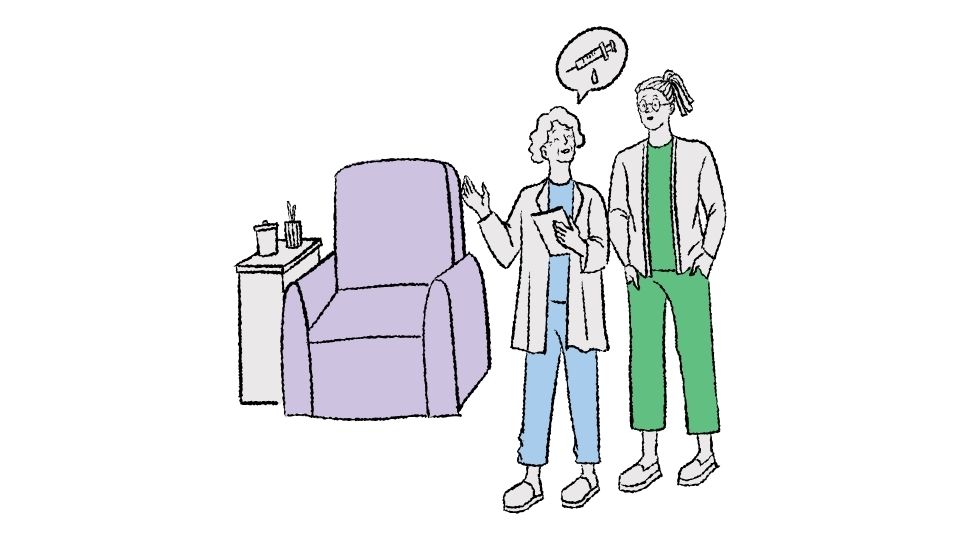
Your health isn’t just determined by your genes or healthcare access. In fact, medical care accounts for only about 20% of health outcomes.
The rest? It’s determined by social and environmental factors like:
- Where you live (neighborhood conditions)
- Your education level
- Your income and job
- Discrimination and racism
- Transportation access
- Social support networks
These “social determinants of health” are the true drivers of health inequities. And they’re exactly what health equity advocates work to address.
Health Equity Advocacy in Action: Real-World Examples
Let’s move beyond theory and look at what health equity advocacy actually looks like in practice:
Community-Based Health Services: Creating low-cost clinics in underserved neighborhoods that offer culturally competent care. This brings services to people who need them most.
Mobile Health Screenings: Bringing healthcare directly to communities via vans equipped with medical equipment. These mobile units reach people who lack transportation or can’t take time off work.
Flexible Healthcare Hours: Offering evening and weekend appointments so working people don’t have to choose between their health and their paycheck.
Targeted Health Education: Providing health information in multiple languages and formats that speak directly to specific community concerns.
The Measurement Challenge
One of the biggest hurdles in health equity work is measuring progress. How do you know if your efforts are making a difference?
This is tricky because:
- Multiple factors intersect (race, income, gender, etc.)
- Long-term data collection is needed
- Both absolute and relative differences matter
- Qualitative experiences are as important as numbers
The solution isn’t perfect, but the best approach involves consistent tracking of health outcomes across different groups over time, combined with community feedback.
How to Be a Health Equity Champion (Even If You’re Not in Healthcare)
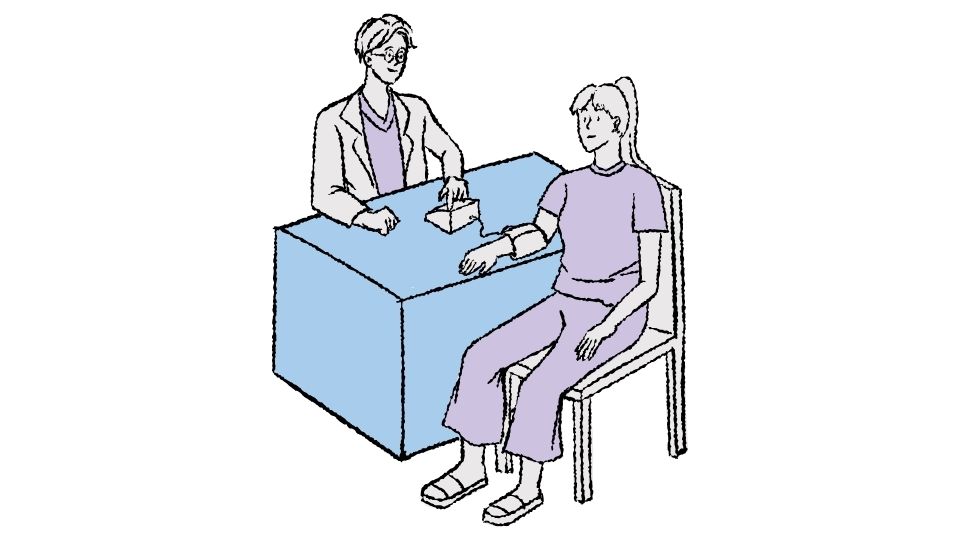
You don’t need an MD or MPH after your name to make a difference in health equity. Here are some powerful strategies:
Community Power-Building
Amplify Local Voices: Support community-led initiatives that identify their own health priorities. Remember, the people closest to the problem are usually closest to the solution.
Build Coalitions: Partner across sectors (housing, education, transportation) because health equity requires addressing all social determinants.
Policy Pressure Points
Support Legislation: Advocate for policies that expand healthcare access, address discrimination, and invest in underserved communities.
Raise Awareness: Use your platform (even if it’s just social media) to highlight health inequities and successful solutions.
Education as Advocacy
Provider Training: Push for healthcare professionals to receive training in cultural humility and the social determinants of health.
Public Health Literacy: Help people understand their rights and how to navigate complex healthcare systems.
The Road Ahead: Where Health Equity Advocacy Is Going
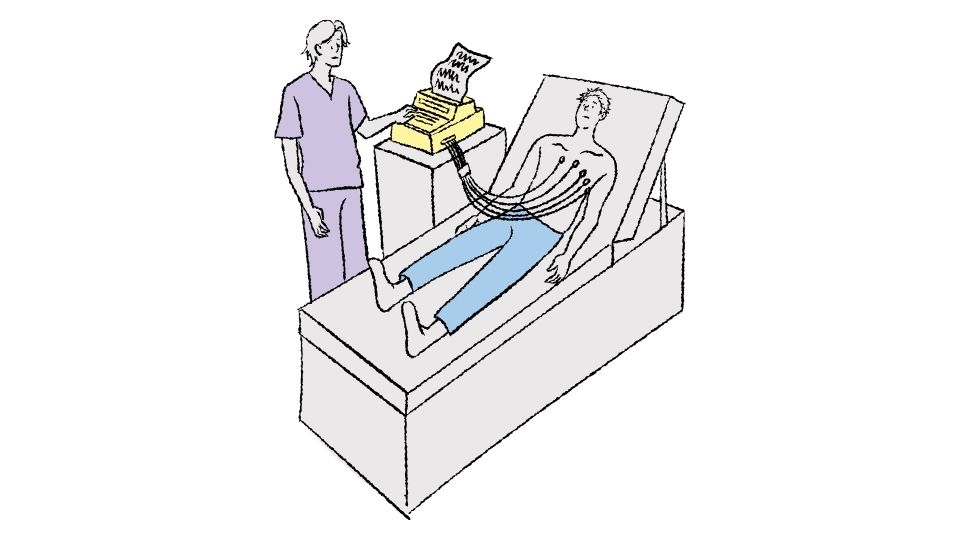
The future of health equity advocacy is about going upstream – addressing problems before they become health crises.
This means:
- Using data to identify and eliminate inequities proactively
- Developing global collaborative efforts like the Boston Declaration
- Integrating health equity into all policies, not just healthcare policies
- Focusing on whole-person health that recognizes physical, mental, and social needs
The Bottom Line
Health equity advocacy isn’t just nice to have – it’s essential for creating a society where everyone has a fair shot at good health.
By addressing the root causes of health disparities and ensuring everyone has the resources they need to thrive, we can build healthier communities for all.
The challenges are real, but so are the solutions. Through community engagement, policy change, and cross-sector collaboration, health equity advocates are creating meaningful progress every day.
And the truth is, we all have a role to play in this work – whether that’s supporting local initiatives, voting for health-friendly policies, or simply challenging our own assumptions about why health disparities exist.
Because when it comes to health, fairness isn’t just an ideal – it’s a matter of life and death.

